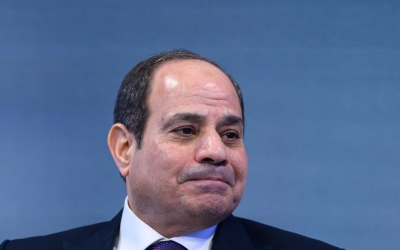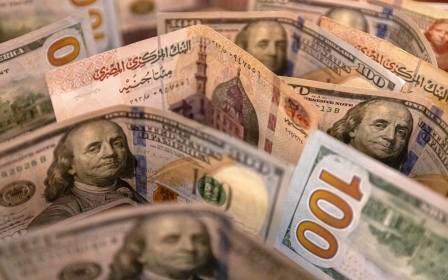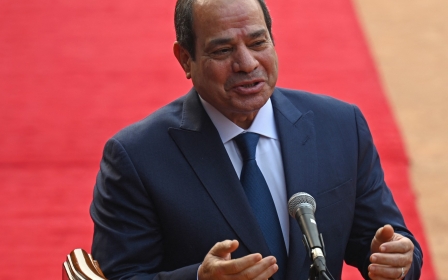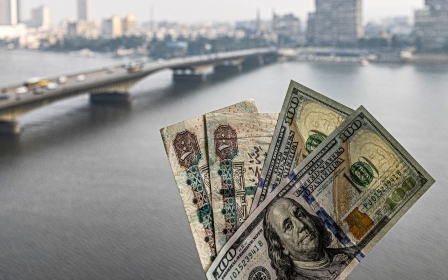Egypt's economic crisis: Privatisation is the path forward
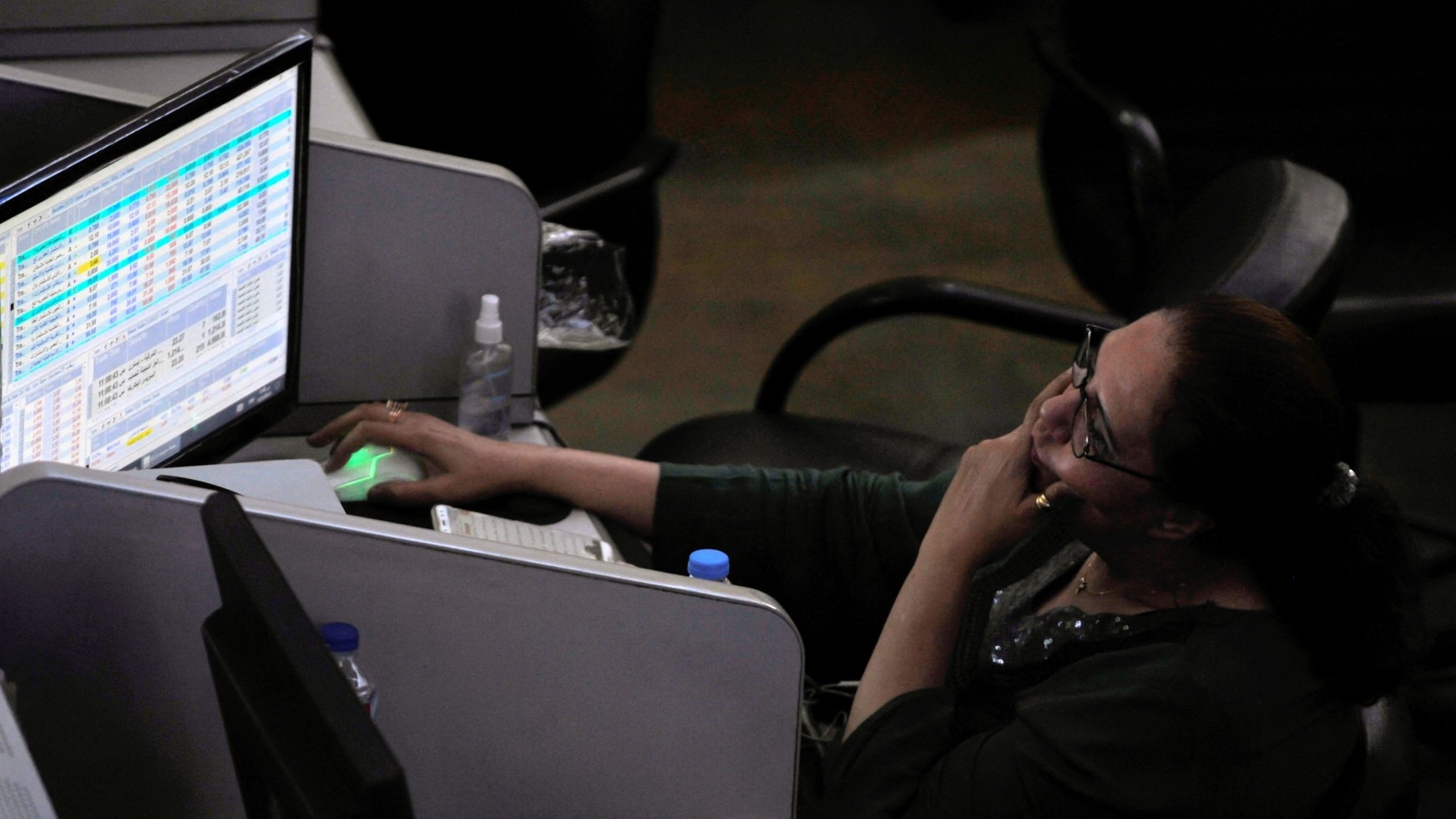
On 7 September, Fitch Agency warned that there was a risk of increasing the foreign liabilities of Egypt's banking sector due to the backlog of import requests, the risk of portfolio holdings leaving the country and the foreign currency shortage.
In another report in July, Fitch also gave the National Bank of Egypt a grade of "B", with a negative outlook.
The National Bank of Egypt is considered both Egypt's oldest bank, having stood for 125 years, and its largest bank, as it accounts for about 37 percent of the total assets of Egyptian banks combined and about 17 million total clients.
It is a government bank that was nationalised in the 1960s and previously operated as a central bank for the state. The National Bank of Egypt is the most important creditor to the government and public sector companies (in local currency), as they constitute about 80 percent of the bank's loans.
Meanwhile, in 2023, the American rating services firm Standard & Poor's lowered its own rating of Egypt's economy, dropping the country from "stable" to "negative".
New MEE newsletter: Jerusalem Dispatch
Sign up to get the latest insights and analysis on Israel-Palestine, alongside Turkey Unpacked and other MEE newsletters
S&P noted that policy measures implemented by Egyptian authorities may not be enough to stabilise the exchange rate and attract foreign currency inflows, which are required to meet high external financing needs. The ratings agency also warned of the possibility of an even lower outlook in the coming months.
In today's economic literature, credit ratings play a significant role, as lenders rely heavily on the assessments of these agencies before investing in another country. Ratings can range from the highest, AAA, to the lowest, D. Egypt has a B rating, which makes it "more vulnerable to adverse business, financial and economic conditions", according to S&P.
Egypt's finance minister, Mohamed Maait, has said that external pressures on the country's economy, such as the Russia-Ukraine war, were behind the recent lowering of S&P's economic outlook.
But while the war initially affected Egypt's economy, as wheat prices soared, that trend has since stabilised - so Maait's justification is tenuous at best.
Egypt's poor credit rating means that lending to the state government is highly speculative, which is one of the reasons Cairo faces significant difficulty when it comes to obtaining external funding, whether from international organisations or even its Gulf allies.
Given the serious dip in the central bank's foreign currency reserves, the government is seeking short-term solutions, including continued borrowing.
Last month, Egyptian officials and media celebrated the country joining the Brics bloc, through which it hopes to obtain new financing sources via the New Development Bank.
Fair competition
But the possible loans that Egypt would be able obtain - if any - would be modest compared to its large financing needs. While there is a good chance that Egypt will be able to attract investors from other Brics countries, such as Saudi Arabia, the UAE, China and even Russia, the regime must first guarantee an attractive investment environment.
Courageous decisions must be taken to liberate the economy from the grip of the government and army, thus ensuring fair competition for potential investors.
Privatisation is the cornerstone of economic liberation. The first step would be to put up for sale, without restrictive conditions, the companies owned by the Egyptian state and army.
Just imagine if the billions spent on pointless luxury projects were redirected towards initiatives with a higher social value
This complex process should be managed by a staff of professional technocrats, which could guarantee - at least to some extent - transparency and fair international deals, while also making sure that the government does not re-enter the same industries as a competitor to new investors.
The privatisation discussion has two facets: first, selling state-owned companies to fund Egypt's foreign currency reserves; and second, encouraging investment in sectors that tend to deplete these reserves, such as medicine and grain imports, which drain billions of dollars.
Such investments could enhance the country's modest GDP, which has the potential to skyrocket when the country's human and natural resources are taken into account.
In addition, the government must stop spending on infrastructure projects, especially mega-projects, which add no value while depleting the country's remaining foreign currency reserves. Just imagine if the billions spent on pointless luxury projects were redirected towards initiatives with a higher social value.
This could not only bolster Egypt's reserves, but also employ thousands of youths, who are currently struggling to survive in the shadow of ongoing economic failure.
The views expressed in this article belong to the author and do not necessarily reflect the editorial policy of Middle East Eye.
Middle East Eye delivers independent and unrivalled coverage and analysis of the Middle East, North Africa and beyond. To learn more about republishing this content and the associated fees, please fill out this form. More about MEE can be found here.



